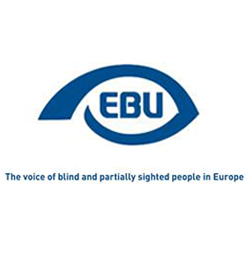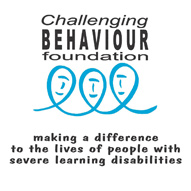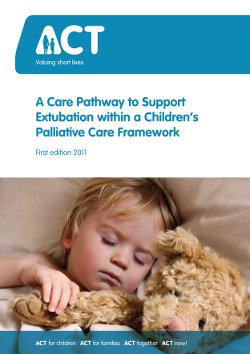European Blind Union calls for EU Council to back book treaty
 European Parliament book famine event: EBU calls for EU Council to back book treaty
European Parliament book famine event: EBU calls for EU Council to back book treaty
EBU Press release - Paris, 13 April 2011
Millions of blind EU citizens face a "book famine" in which only a few per cent of books are converted to "accessible formats" they can read such as braille, large print or audio.
On the 13th April, the European Blind Union highlighted this situation at an event in the European Parliament in Brussels. The meeting was hosted by MEPs Berlinguer, Lichtenberger and Sosa-Wagner from Italy, Austria and Spain respectively.
Discussion focused on a draft treaty that the World Blind Union devised and which was tabled in 2009 at the World Intellectual Property Organisation (WIPO), a UN body based in Geneva. Most WIPO Member States support the proposal but the EU Council and Commission have steadfastly maintained that soft law "recommendations" and voluntary licenses are a "better" alternative. EBU does not agree.
Lord Low of Dalston, President of the European Blind Union, who attended the event, said afterwards:
"The European Blind Union co-hosted this event to highlight the EU Council and Commission's opposition to a treaty that was proposed back in 2009 to help us get greater access to books for visually impaired people. The EU Member States always call for binding treaties to further protect the interests of intellectual property holders. We are just calling upon them to treat with this same level of seriousness the need for an exception to copyright to enable those with visual impairments to access books, and to support a binding law at WIPO when they next meet this June."
Unlike the Council and Commission, the European Parliament has been generally supportive of the treaty proposal. In November 2010 101 MEPs signed a letter from the European Blind Union to single market Commissioner Barnier, in favour of a treaty.
Luigi Berlinguer MEP, who co-hosted the event, maintained that the matter was a rights issue.
"It is not sufficient merely to sign the UN Disability Convention and say positive things about disabled people's rights. For the EU to live up to its commitments under the Convention, it should support the proposal for a WIPO treaty for blind and other print disabled people."
For further information, please contact:
Gary May, European Blind Union Information Officer
Tel : +33 1 47 05 38 20
Fax : +33 1 47 05 38 21
Email : This email address is being protected from spambots. You need JavaScript enabled to view it.


 The Challenging Behaviour Foundation is delighted to announce that three new 'At a glance' guides aimed at family carers supporting people whose behaviour is described as challenging are now available. There are separate guides for adults, teenagers and children.
The Challenging Behaviour Foundation is delighted to announce that three new 'At a glance' guides aimed at family carers supporting people whose behaviour is described as challenging are now available. There are separate guides for adults, teenagers and children. 
 News item 1
News item 1